Introduction to Identifying a Chess Prodigy
Chess, a game that demands intense analytical thinking, strategic planning, and creative problem-solving, has long been an arena where young prodigies shine. A prodigy, typically defined as a young person with extraordinary talent or ability, often shows signs of their prowess at a tender age. In the world of chess, these individuals display distinct characteristics and skills that set them apart from their peers. Understanding these traits can help identify emerging talents who might be on their path to becoming chess masters.
Early Development and Interest in Chess
Starting Young
One of the initial signs that a child might be a chess prodigy is their interest in the game at a very young age. Many renowned chess masters, including Magnus Carlsen and Bobby Fischer, began playing chess around the ages of 5 to 6. If a child exhibits a keen interest in chess earlier than their peers, and especially if they seek to understand complex rules independently, this could be a sign of a prodigious talent.
Rapid Acceleration in Learning and Understanding
After picking up the basics of the game, potential prodigies often accelerate rapidly in grasping advanced concepts. These children may quickly move beyond basic strategies to explore deeper elements such as tactics, openings, and endgames, often understanding concepts that are difficult for even seasoned players. The speed and depth of their learning can be a clear indicator of extraordinary ability.
Cognitive Abilities and Psychological Traits
Exceptional Memory and Pattern Recognition
Chess prodigies typically exhibit excellent memory, which they apply to remember moves, positions, and outcomes of past games. This capability allows them to recognize patterns and sequences with remarkable accuracy and recall strategies used by opponents. Their ability to remember and manipulate complex patterns often extends beyond chess, noticeable in other areas requiring analytical skill.
Advanced Problem-Solving Skills and Creativity
Solving chess problems involves not just logical analysis but also a great deal of creativity, especially at higher levels of play. Prodigies often demonstrate the ability to think unconventionally and find unique solutions to complex problems. This creativity can manifest as brilliant, unexpected moves that even experienced players might not consider.
Focus and Concentration
One of the most critical aspects of a chess prodigy’s psychological makeup is the ability to concentrate for extended periods. Young children, typically characterized by shorter attention spans, who can sit and analyze a chess game for hours, exhibit unusual focus and determination. This trait is crucial during tournaments that require long hours of intense concentration.
Competitive Spirit and Resilience
The drive to excel and win in competitions, coupled with the resilience to handle losses and learn from them, is common among chess prodigies. They tend to participate in numerous tournaments early on and often excel, demonstrating not just skill but also the mental and emotional fortitude necessary for competitive chess.
Technical Skills and Gameplay
Understanding of Advanced Tactics and Strategies
Chess prodigies often have an advanced understanding of tactics such as forks, pins, and skewers, and strategic concepts like positional play, pawn structure, and control of the center. They recognize these elements intuitively and apply them effectively during games, showing a sophisticated grasp of chess far beyond their age.
Capability to Play against Advanced or Adult Players
One definitive sign of a chess prodigy is their ability to compete successfully against much older, experienced players. Prodigies are not merely content with dominating their age bracket; they seek to challenge themselves against stronger opposition, often achieving remarkable results.
Innovative Opening Preparations
Chess prodigies might also display an early proclivity for deep opening preparation, sometimes delving into obscure or less-traveled paths to surprise their opponents. This level of preparation often involves studying historic games, learning from current grandmasters, and even contributing new ideas to chess theory.
Mentoring and Development
Seeking Mentorship and Coaching
Prodigious talents often seek learning opportunities from seasoned players and may have a strong response to coaching and mentorship. They absorb advanced teachings rapidly and apply them in practice, which can significantly enhance their game.
Participation in High-Level Tournaments
Participation and success in high-stakes tournaments, including national and international competitions, is a common pathway for chess prodigies. Performing well and even winning these events against seasoned players can be a clear identifier of exceptional talent.
Significance of a Supportive Environment
While innate talent plays a huge role, the environment also significantly influences the development of a chess prodigy. Access to resources such as chess clubs, knowledgeable mentors, and supportive family members can play a critical role in nurturing prodigious talent. Encouragement and support help young players to stay motivated, manage the pressures of competition, and continue developing their skills.
Conclusion
Identifying a chess prodigy involves observing a combination of psychological traits, cognitive abilities, technical skills, and the environment that supports their growth. These young players show extraordinary dedication and skill in mastering the complexities of chess at an early age. By understanding and supporting these talents, parents and coaches can help nurture the next generation of chess masters, ensuring the continued evolution and richness of this ancient game.
Explore our large collection of beautiful chess sets!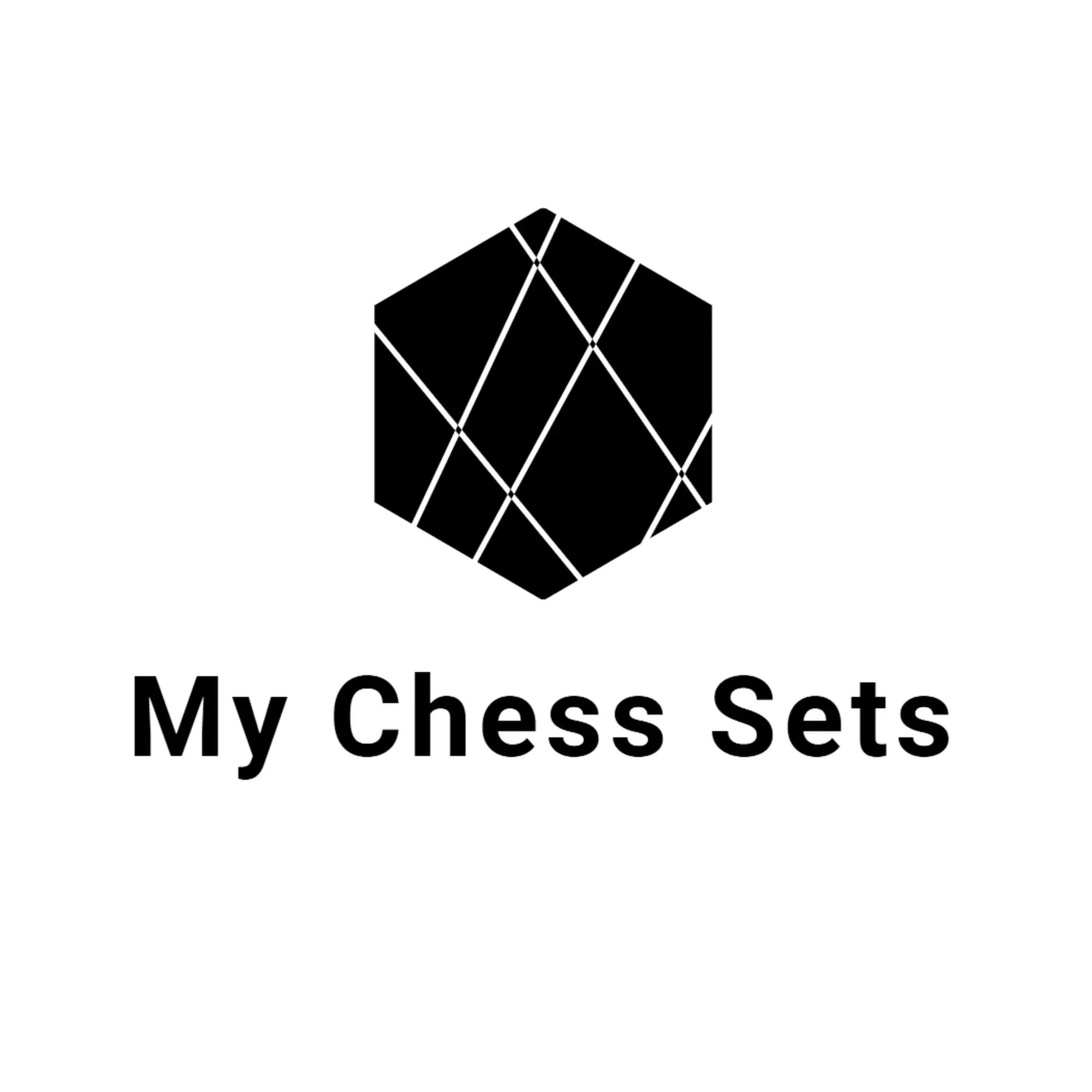

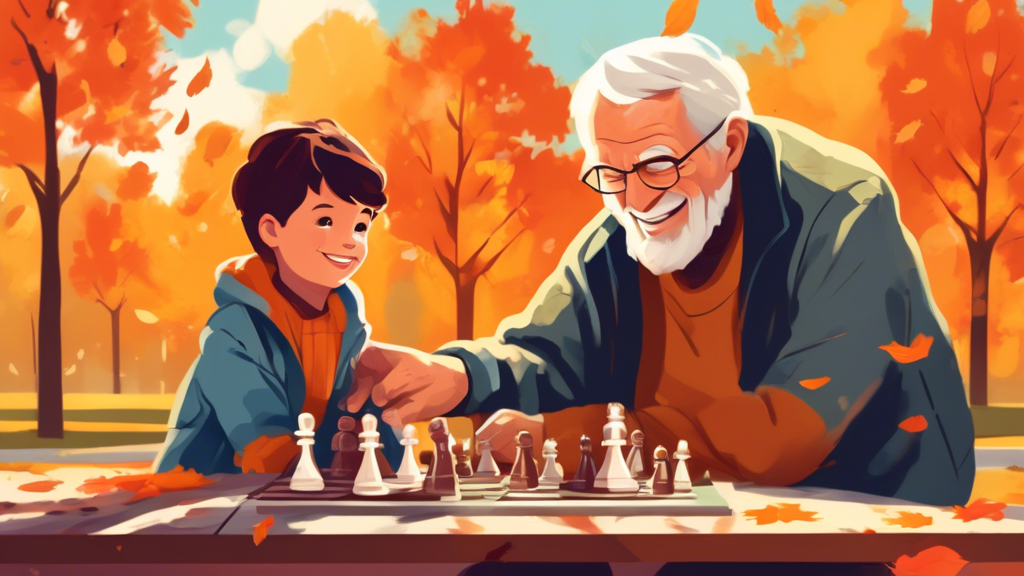


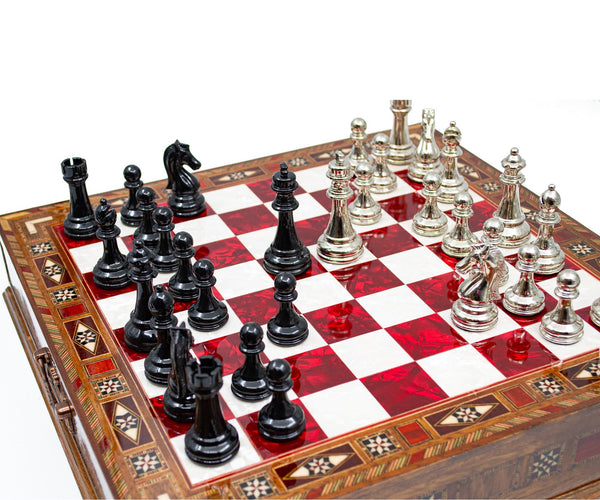
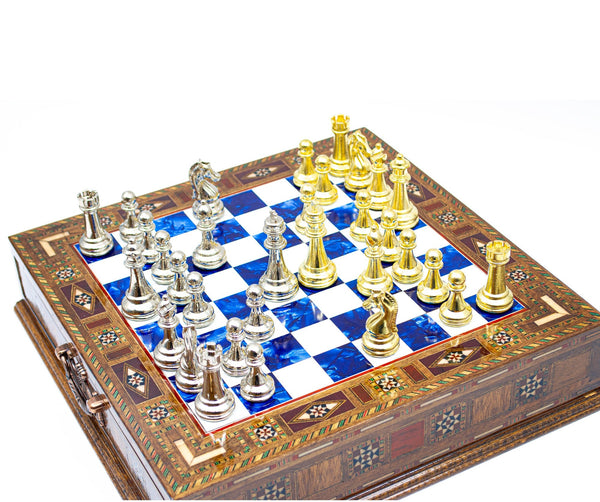

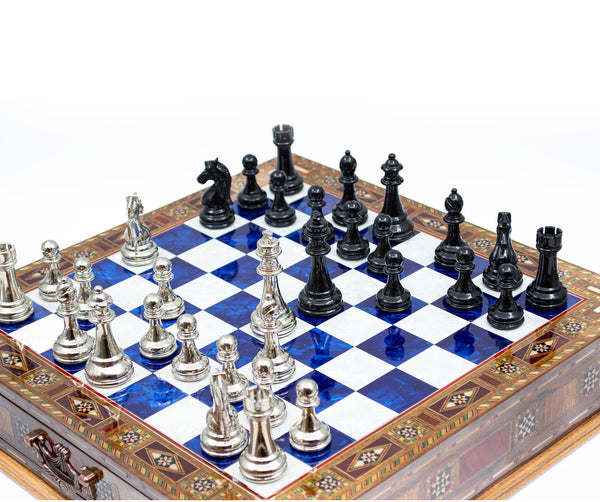









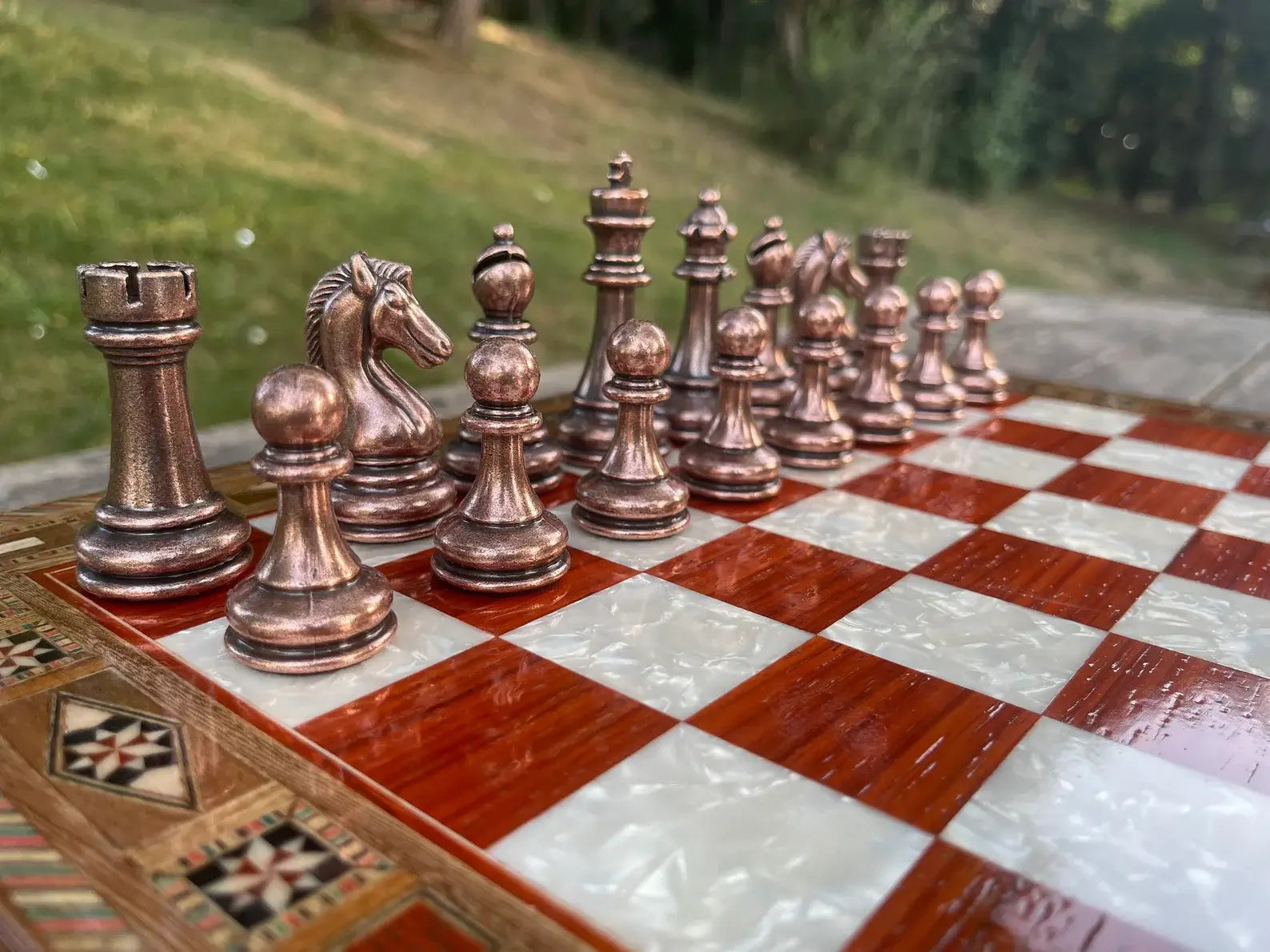
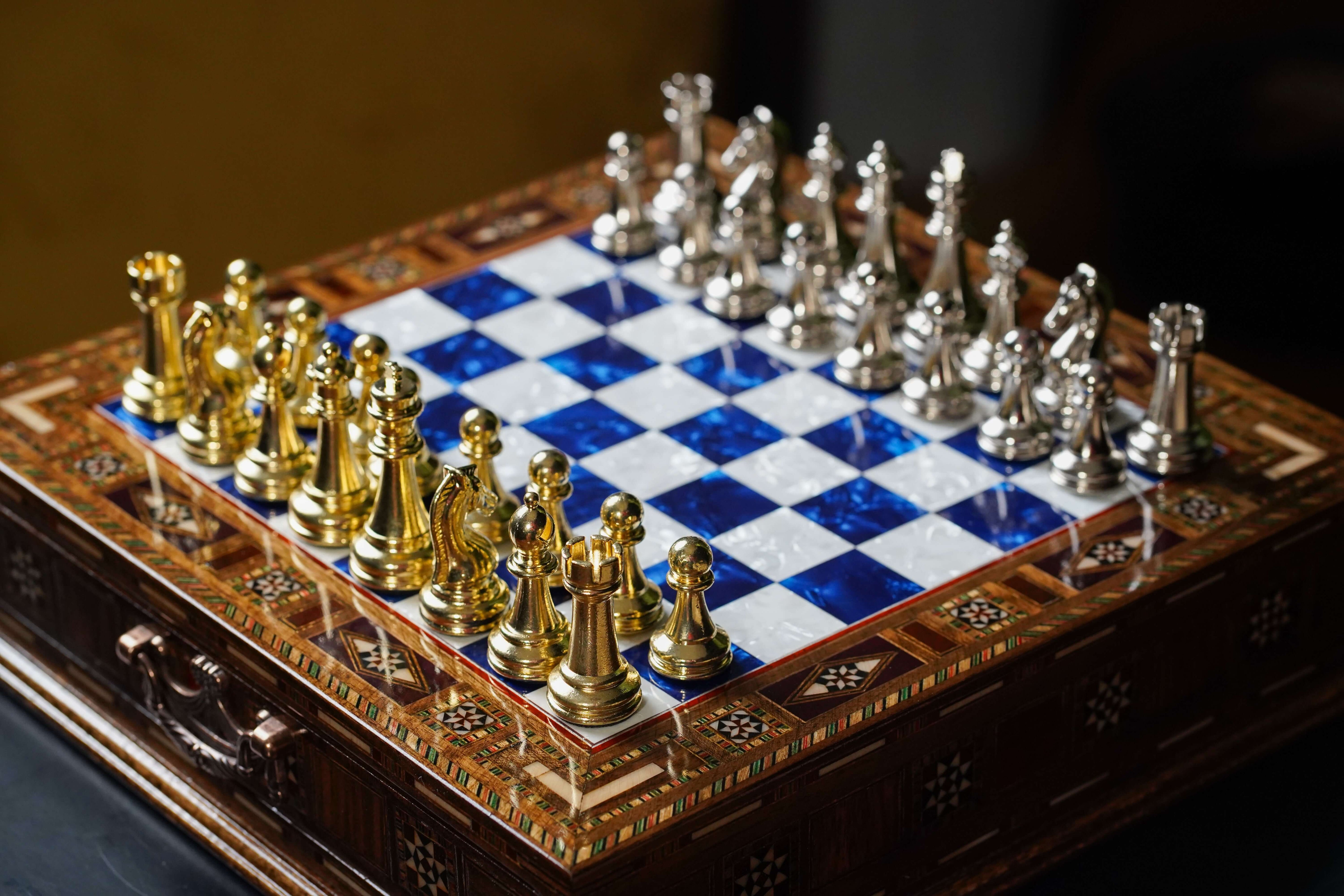




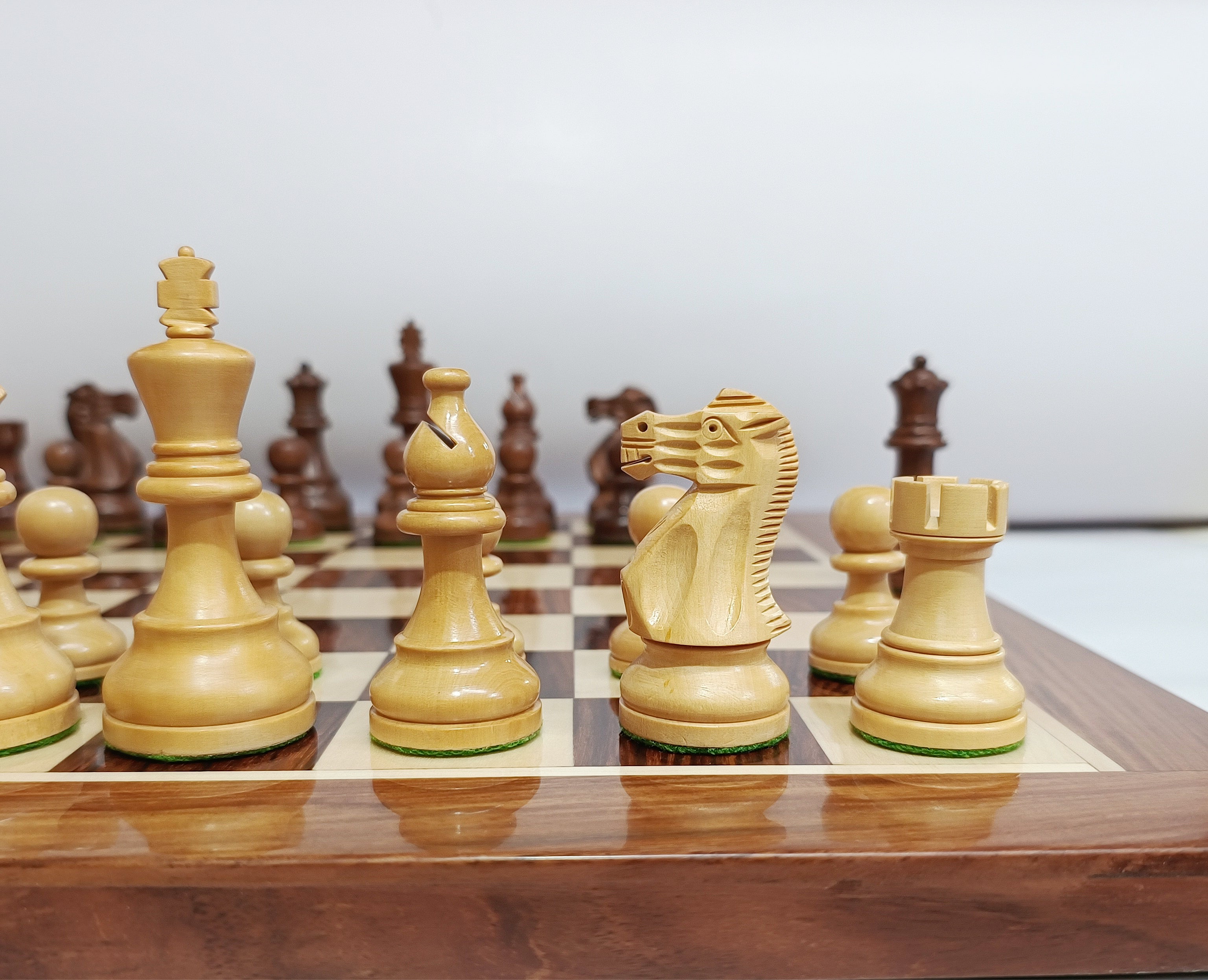
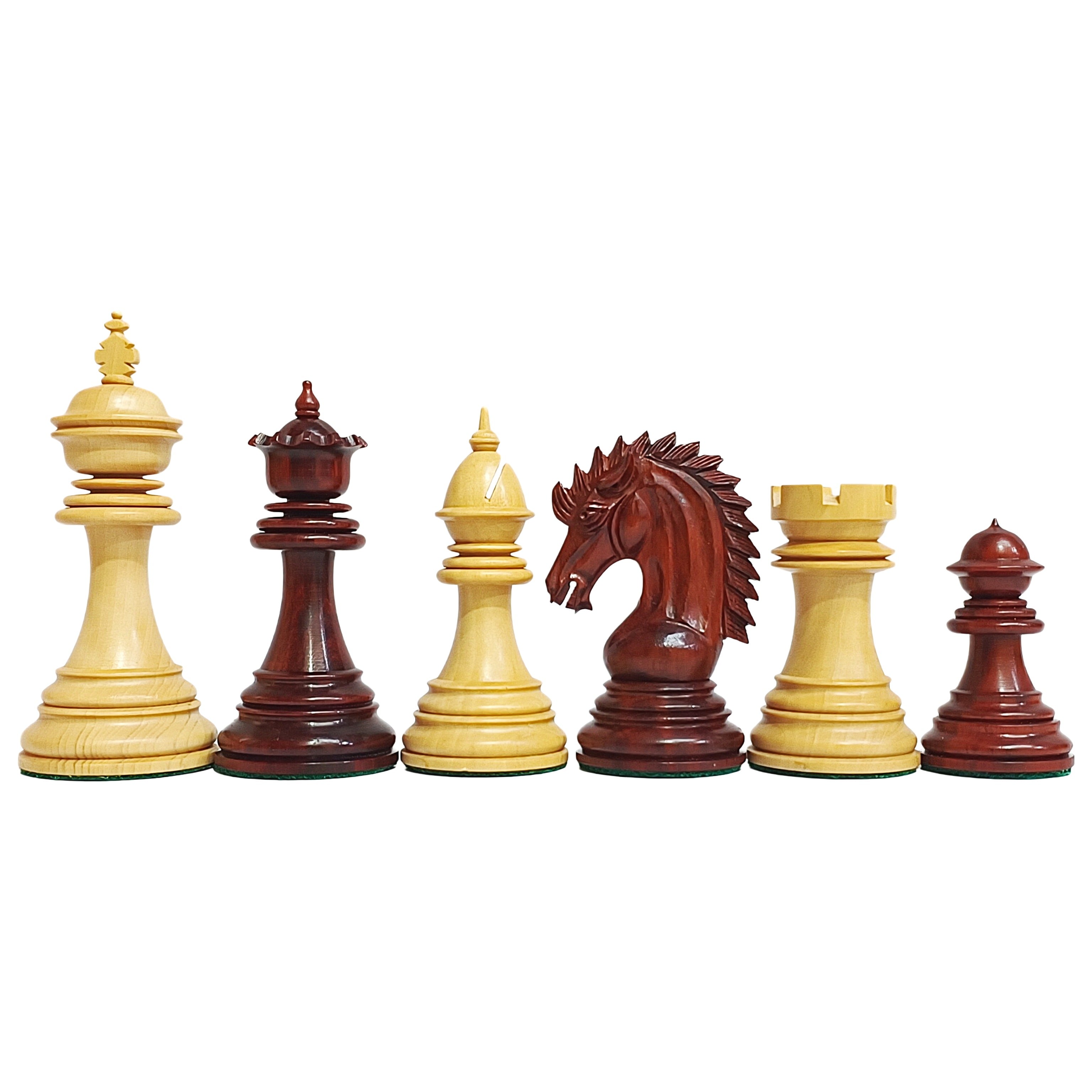
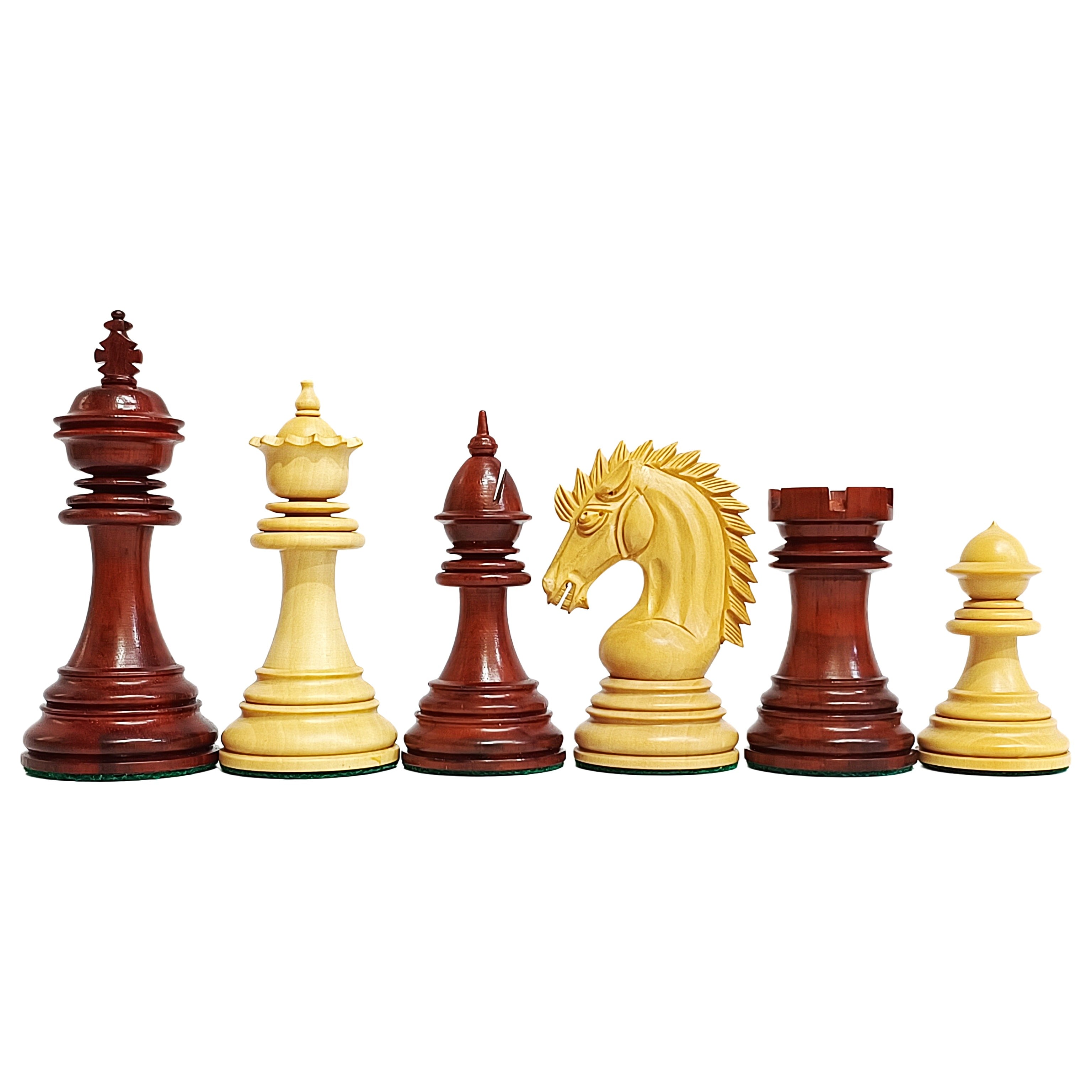




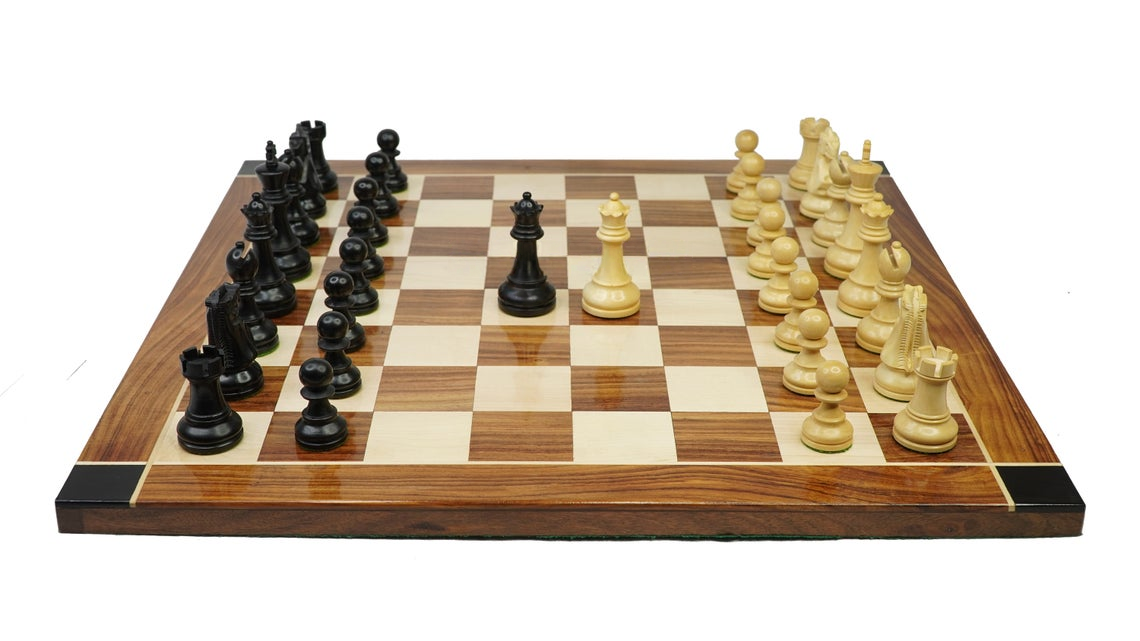
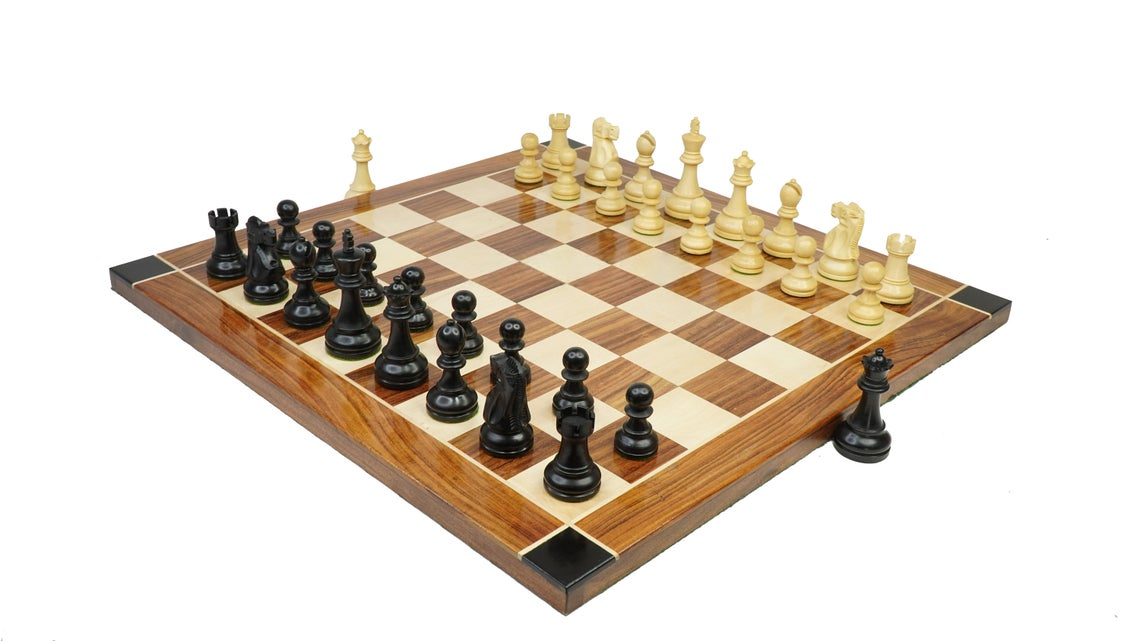


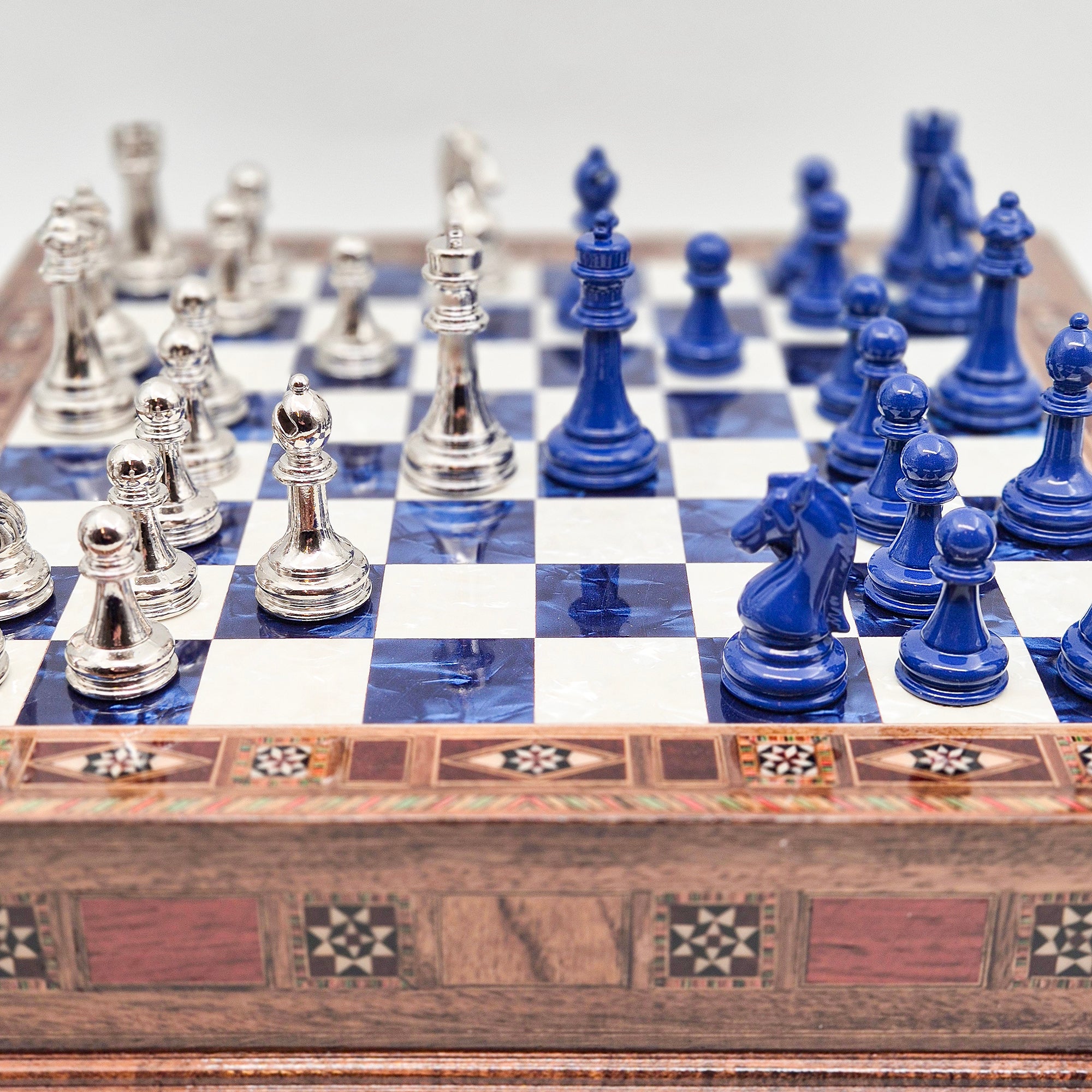






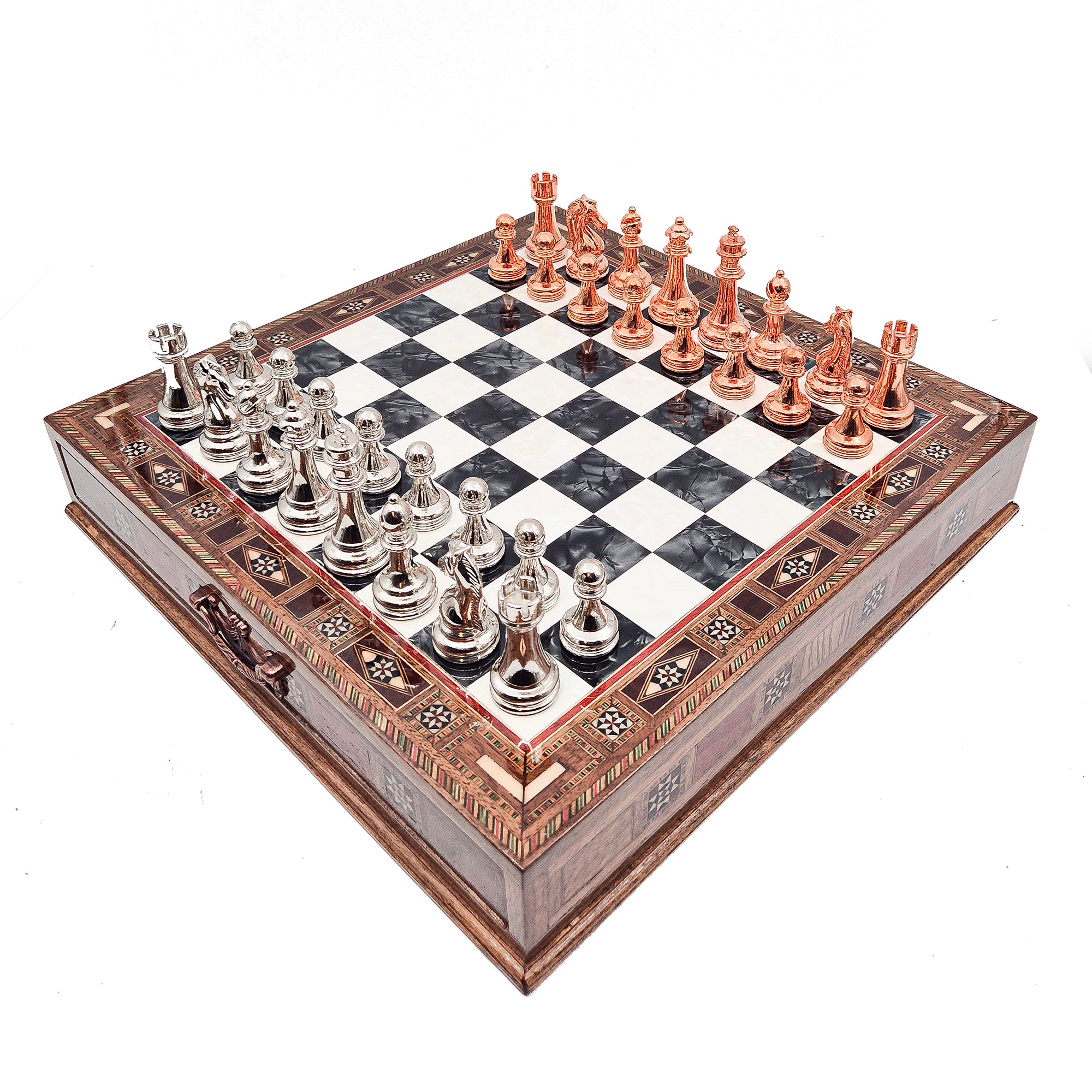


Leave a comment
All comments are moderated before being published.
This site is protected by hCaptcha and the hCaptcha Privacy Policy and Terms of Service apply.